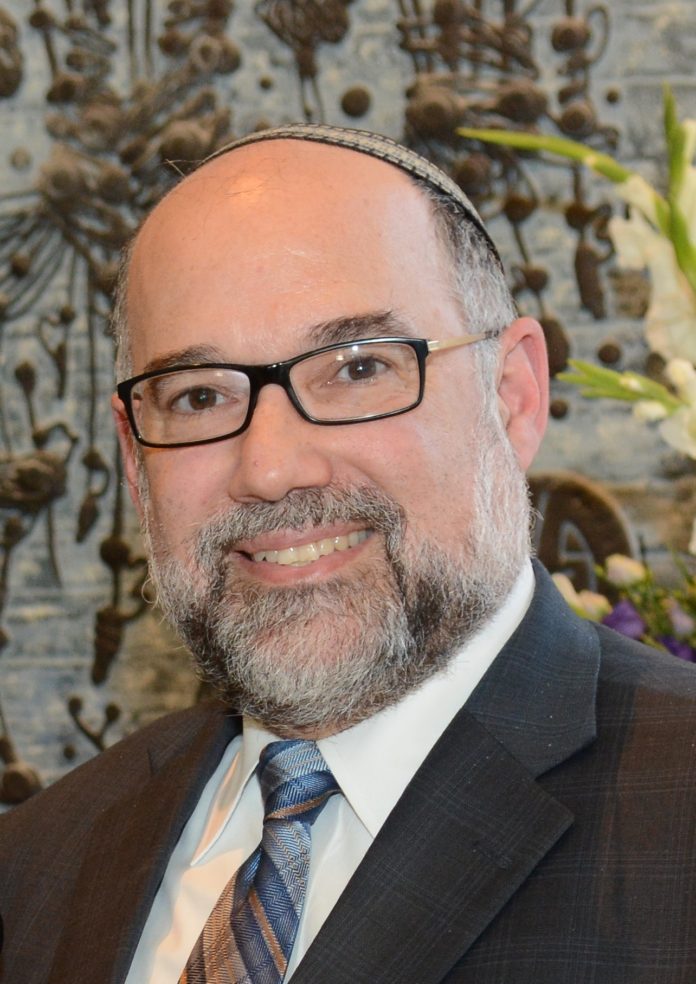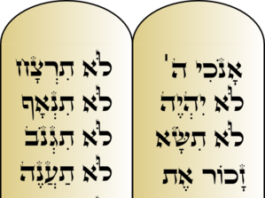A Yid is Ehrlich
By Rabbi Leonard A. Matanky, Ph.D.
When I was growing up, my Grandmother taught me something she learned from her parents, a Yiddish saying that “a galach is frum, a yid is ehrlich” – that a priest is “pious”; but a Jew is virtuous.
Which may sound a bit strange, because the word “frum” has become a near-synonym for Orthodox Jews. Because a pious person, a person who is “frum” is a person who is G-d centered. Which doesn’t sound bad at all, in fact, it sounds pretty good. And yet, as the famous rabbi and educator, the late Rabbi Shlomo Wolbe of Jerusalem once wrote, it is a frum person who makes sure to have Shabbos guests each week, but those guests end up feeling much like his tefillin — an object with which he did a mitzvah. On the other hand, an “ehrlich” person looks outward – towards others with a desire to give, to feel love and empathy. It is an “ehrlich” person engages the world and fulfills a uniquely Jewish form of worship – to combine the physical and the spiritual.
Which is a lesson found in just two words towards the end of this week’s Torah portion.
It happened right after the majestic moment of revelation after God had appeared to the Jews, and the Jews responded with complete dedication – “naaseh v’nishma” – we will perform the will of G-d, even before it will be explained. At that moment, the leaders of the nation climbed the mountain, and “saw” a vision of God, and then, “va’yochu vayishtu” – they ate, and they drank.
Which at first glance seems to be a very strange response to revelation – to eat and to drink!? In fact, some of our commentators suggested that it was the wrong reaction, while others suggested that it was simply that they ate the sacrifices that had just been offered.
However, the great Ovadia Seforno, the 16th-century Italian commentator (24:11) saw this brief episode entirely different.
To him, the fact that the leadership “ate and drank” following their encounter with the Divine was praiseworthy and laudable. And it was a lesson to us that “seeing God,” feeling His presence and basking in His glory, is not a reason to withdraw from this world but to celebrate this world – by being part of this world.
They ate, and they drank to prove that no matter the heights of spirituality that one achieves – our response, the Jewish response, is to take that achievement and bring it back to the world, to engage with the world, experience the majesty of feeling close and connected to the human experience.
Jewish life is not only about G-d but about humanity as well; it’s about the relationships between and among people that are elevated by the religious experience. It’s about wearing tzitzit, and sometimes even wearing a black hat – as long as that garb is not a retreat from the world but a way to a part of it.
Because, and here’s another famous saying, “derech eretz kadma laTorah” – which means that “mentschlikeit,” a word we really can’t translate very well, but means civility, graciousness, respect and so much more, is a prerequisite to be a Torah Jew – and not simply the costume we wear, the hours spent studying, nor even the acts of piety performed.
Because “a galach is frum, a yid is ehrlich” – a priest is a person who withdraws from normal life, while a Jew must be involved, engaged and virtuous.
Rabbi Leonard A. Matanky is the Dean of the Ida Crown Jewish Academy and the rabbi of Congregation K.I.N.S. of West Rogers Park. Rabbi Matanky is also co-president of the Religious Zionists of America and past president of the Rabbinical Council of America.




